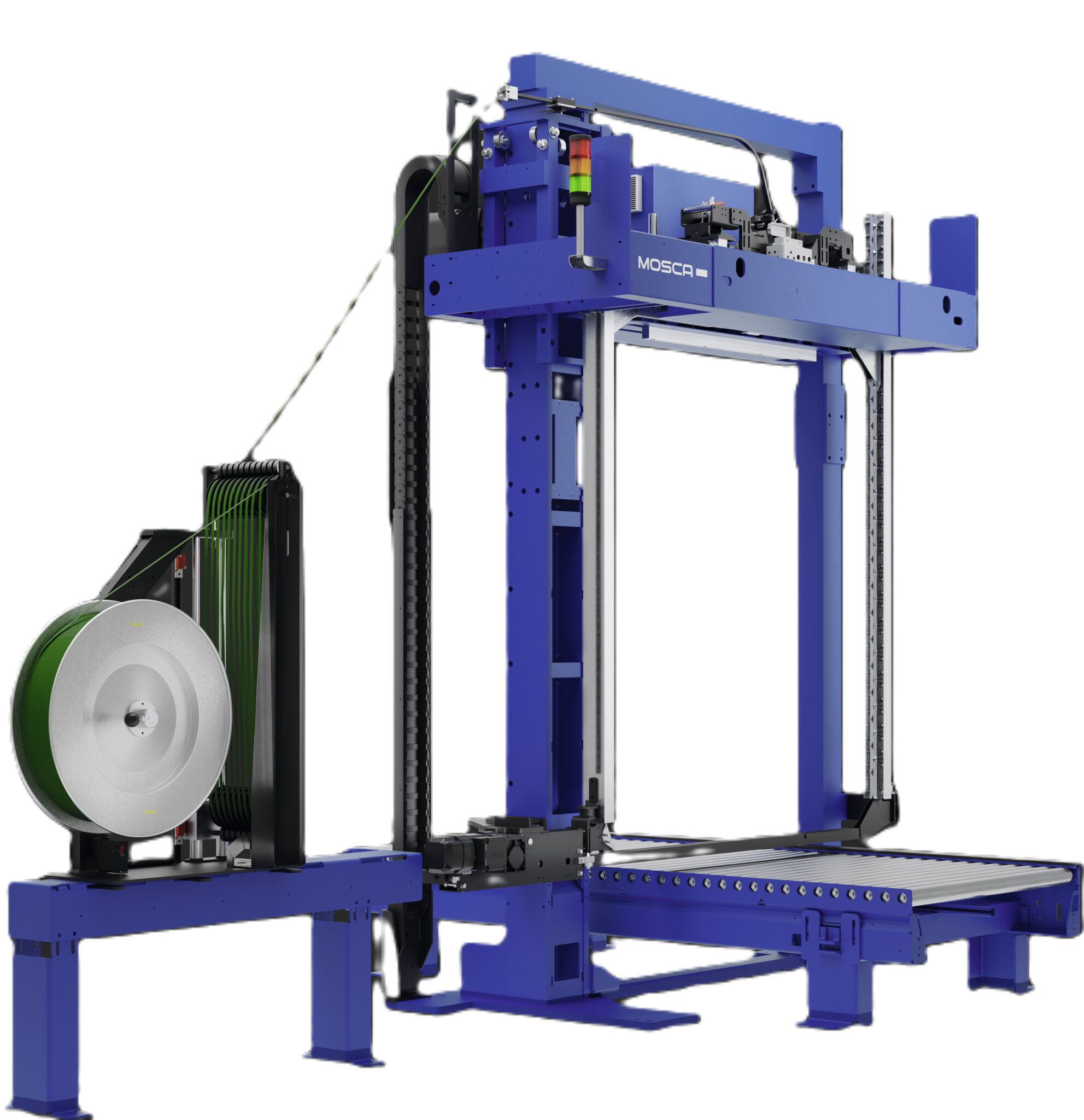Coesia, a global supplier of industrial and packaging solutions, will present its latest automation technologies for logistics and e-commerce at LogiMAT 2025, taking place from March 11 to 13 in Stuttgart, Germany (Hall 8, Booth 8C31). As a go-to partner for any e-commerce fulfilment need, Coesia provides highly innovative and user-friendly technological solutions focused on agility, flexibility, and efficiency. The company’s booth will host experts from its companies ACMA, Emmeci, FlexLink, Atlantic Zeiser, and System Ceramics, presenting their range of e-commerce solutions. The exhibit will focus on advanced automation technologies that enhance operational efficiency, adaptability, and sustainability in warehouse and order fulfilment processes.
“Coesia is the go-to partner for e-commerce fulfilment needs,” says Alessandro Parimbelli, CEO of Coesia. “With deep expertise in automation, we help customers optimize their operations with solutions that simplify order fulfilment, reduce operational complexity, and enhance scalability. Our advanced technologies, from intelligent packaging to smart palletizing and warehouse automation, empower businesses to meet evolving consumer expectations while maintaining operational excellence and enhancing adaptability in their supply chain operations.”
Smart Palletizing by FlexLink – streamlined pallet handling
As the technology on display, Coesia will showcase the RC12 Re-Palletizing Line from FlexLink, an advanced system designed to streamline pallet handling operations in warehousing and co-packing. By integrating two RC12 collaborative robots to transfer products to another pallet, the system enables seamless automation of pallet size and pattern changes. This is particularly beneficial in e-commerce and distribution centers where orders must be repacked or adapted to different pallet configurations.

The RC12 Re-Palletizing Line features RobotConfig, an intuitive interface that simplifies palletization programming. It allows users to configure pallet patterns quickly without specialized robotics expertise. Additionally, its movable design, free from fixed floor attachments, offers great flexibility in dynamic warehouse environments. The solution enhances operational agility by supporting free-flow palletization and optimizing workflows without requiring major infrastructure modifications.
AI-driven mixed palletizing
In response to evolving e-commerce needs, the Mixed Palletizer is an innovative technology, optimizing stacking patterns for heterogeneous shipments. While not physically showcased at LogiMAT 2025, Coesia experts will be available to provide insights and discuss its benefits with interested customers looking to enhance their logistics operations.
E-BF by Emmeci – automated, customized packaging
Another highlight of Coesia’s presence at LogiMAT 2025 is the E-BF by Emmeci, a fully automated packaging solution that customizes box sizes on demand. Designed to accommodate both unstable multi-item orders and single-item shipments, it seamlessly integrates Box First and Box Last concepts to ensure precise fit-to-size packaging. The system automatically seals, tapes, and labels each package, optimizing material usage by up to 40%. By enhancing efficiency and sustainability, the E-BF improves productivity while ensuring high-quality packaging and optimized customer experience.
Visitors will also have the chance to learn more about:
• System Ceramic’s E-BFS machine, equipped with smart fulfillment technology and designed to wrap the product directly with a custom-fit package, creating a clamshell box in real time with the exact dimensions. This system enhances the customer experience with aesthetically refined and customizable packaging while supporting reverse logistics, simplifying returns, and reducing waste.
• ACMA’s E-SWL sleeve wrapping solution, designed for creating custom-sized shipping bags from paper-based or other materials on demand.
• Atlantic Zeiser’s Late-stage differentiation, which integrates with traditional printing for on-demand boxes personalization, reducing SKUs, waste, and storage costs.
With a continued presence at LogiMAT 2025, Coesia demonstrates its commitment to advancing automation in e-commerce logistics. By offering integrated solutions for packaging, palletizing and warehouse automation, the company helps companies achieve greater efficiency and adaptability in their supply chains.
similar news













